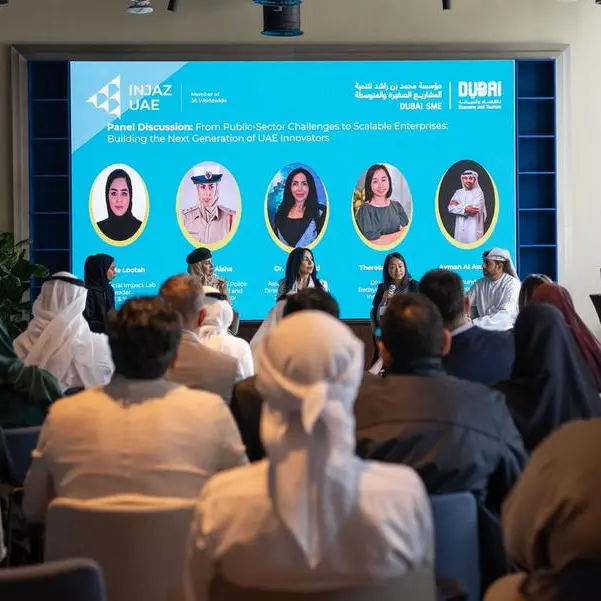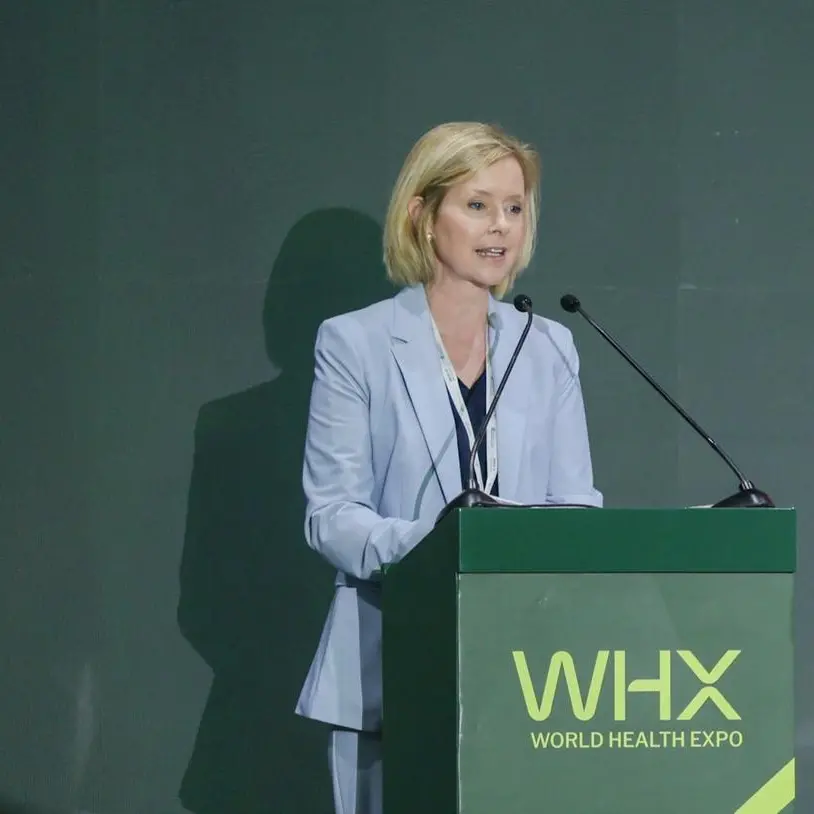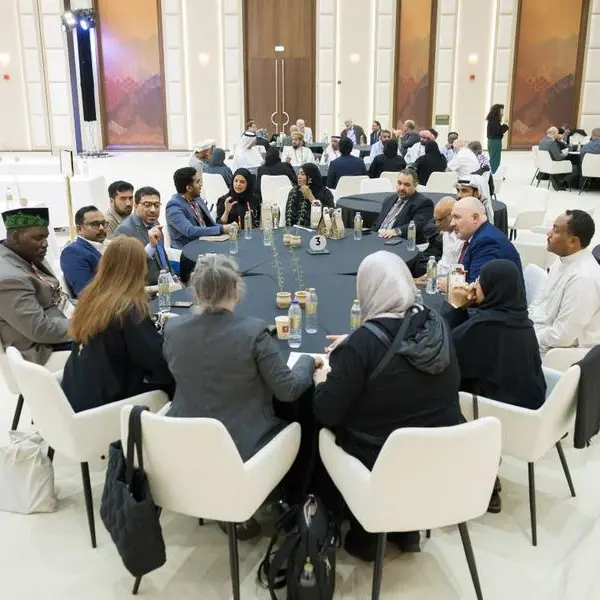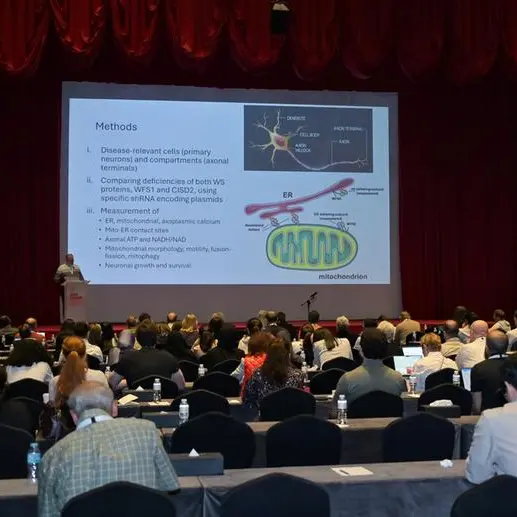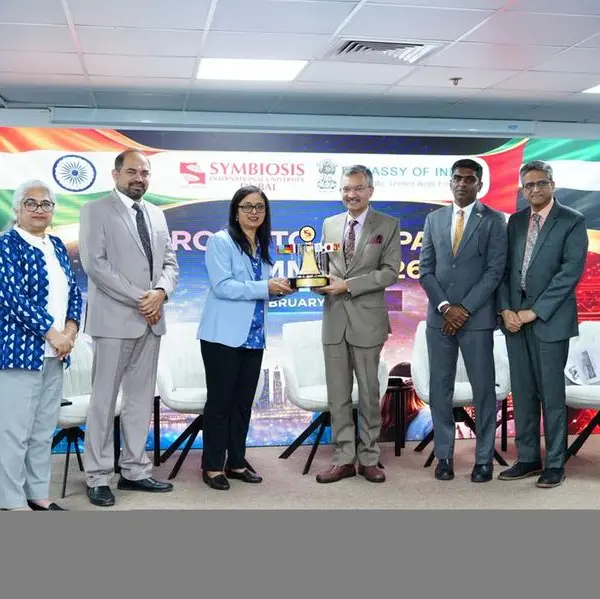PHOTO
Doha:- Her Highness Sheikha Moza bint Nasser, Chairperson of Qatar Foundation (QF), witnessed Hamad Bin Khalifa University (HBKU) successfully inaugurate the 17th World Congress of Bioethics in Doha today - the first edition of this touchstone event to be held in the Arab World.
A milestone in the field of bioethics, this year’s Congress was hosted by HBKU’s Research Center for Islamic Legislation and Ethics (CILE) at the College of Islamic Studies (CIS) in collaboration with World Innovation Summit for Health (WISH), the global health initiative of Qatar Foundation. Sponsored by the Ministry of Public Health, Hamad Medical Corporation, and the Primary Health Care Corporation, this edition of the Congress was organized with support from the International Association of Bioethics (IAB).
The event has gathered over 1,000 participants - including bioethicists, researchers, and stakeholders - to engage in a dialogue centered on vital issues in bioethics, especially in religious and cultural contexts. The event reinforced its theme of “Religion, Culture and Global Bioethics” with a special panel discussion, which featured members of the IAB’s executive leadership delving into the significance of the theme alongside distinguished figures from across academic and bioethics research.
Commenting on the significance of the 17th World Congress of Bioethics being held in the region, Dr. Ahmad M. Hasnah, President, HBKU, said: “The role of religion is a crucial one in the biomedical area. Discussions shaping bioethical policies should not neglect people’s beliefs, as they are a part of their lives. It is important that they are captured in the development and creation of any policy.”
“It is also important to recognize that heavenly religions were revealed to provide guiding principles for humanity that are irrespective of time and place, providing an important basis to the ethical discussion away from trial and error or time-bound approaches.”
Sultana Afdhal, WISH CEO and co-chair of the event, said: “We are delighted to see months of hard work come to fruition as we witness the gathering of the world’s most renowned bioethicists and scholars in Qatar for this very special 17th edition of the World Congress of Bioethics. Balancing international perspectives and evidence-based best practices in health with those rooted in the religious values and cultural traditions of Qatar, the Gulf region, and the broader Arab-Muslim world has been a cornerstone of our approach at WISH, exemplified by our long-term series on healthcare ethics.”
“As such, we appreciate the opportunity to launch the upcoming WISH topic on the ethical management of AI in healthcare at such a landmark event in the presence of thought-leaders from the bioethics community, and we look forward to continued collaboration with HBKU and CILE in this critical field.”
Held until June 6, the Congress will see participants exchange insights on prominent and emerging topics in bioethics, including the use of artificial intelligence in healthcare, how healthcare can be practiced safely in regions impacted by war and armed conflict, and public health ethics in light of COVID-19 and other pandemics. Several of the event’s panels and sessions will be conducted wholly in Arabic featuring live English translation, reflecting the IAB’s commitment to facilitating a cross-cultural dialogue on contemporary issues in the field of bioethics. Prominent experts from the Middle East, North Africa, and Asia will also participate in the discussions and offer regional perspectives on the wider field and issues such as disability, environmental, genetic, and genomic bioethics.
The World Congress also features an exhibition component, where HBKU, WISH, and several international institutions are hosting booths that showcase the latest in bioethics research to attendees.
Noting the value of the discussions, Mohammed Ghaly, Head of CILE and Chair of the Congress, said: “This special edition of the World Congress of Bioethics gives us the opportunity to approach the study of bioethics from a unique context. Our discussions revolve around the understanding that our field is not only a secular discipline, but also one that acknowledges the importance of respecting diverse socio-cultural and religio-moral traditions. It is ours and the IAB’s belief that engaging with bioethicists with expertise in diverse contexts facilitates mutual learning and a better understanding of bioethics in different settings, leading to more inclusive outcomes for biomedical research and better healthcare across the world.”
HBKU’s CIS provides a unique platform for critical intellectual debates on Islam in a global context through its blended academic programs, immersive learning experience, and distinguished research division, which includes several research centers, including the Research Center of Islamic Legislation and Ethics.
-Ends-
About Hamad Bin Khalifa University
Innovating Today, Shaping Tomorrow
Hamad Bin Khalifa University (HBKU), a member of Qatar Foundation for Education, Science, and Community Development (QF), was founded in 2010 as a research-intensive university that acts as a catalyst for transformative change in Qatar and the region while having global impact. Located in Education City, HBKU is committed to building and cultivating human capacity through an enriching academic experience, innovative ecosystem, and unique partnerships. HBKU delivers multidisciplinary undergraduate and graduate programs through its colleges, and provides opportunities for research and scholarship through its institutes and centers. For more information about HBKU, visit www.hbku.edu.qa.
About The Research Center for Islamic Legislation & Ethics
The Research Center for Islamic Legislation & Ethics (CILE) is a leading institution in the field of Islamic Ethics, renowned for its academic excellence and global collaborations. CILE has organized numerous international conferences, seminars, and events in partnership with prestigious institutions worldwide. It has also launched the Scopus-Indexed Journal of Islamic Ethics and the book-series Studies in Islamic Ethics, published by Brill. In 2019, CILE introduced the innovative M.A. program "Applied Islamic Ethics," the first of its kind. Guided by a commitment to explore Islam's contributions to global morality, CILE's interdisciplinary research and educational initiatives span theoretical and applied ethics across religious and secular frameworks.
About the World Innovation Summit for Health
The World Innovation Summit for Health (WISH) is a global healthcare community dedicated to capturing and disseminating the best evidence-based ideas and practices. WISH is an initiative of Qatar Foundation for Education, Science and Community Development (QF) and is under the patronage of Her Highness Sheikha Moza bint Nasser, its Chairperson.
The inaugural WISH Summit took place in Doha in 2013 and convened more than 1,000 global healthcare leaders. Through international summits and a range of ongoing initiatives, WISH is creating a global community of leading Innovators in healthcare policy, research, and industry.
Together, they are harnessing the power of innovation to overcome the world’s most urgent healthcare challenges and inspire other stakeholders to action.
Qatar Foundation – Unlocking Human Potential
Qatar Foundation for Education, Science and Community Development (QF) is a non-profit organization that supports Qatar on its journey to becoming a diversified and sustainable economy. QF strives to serve the people of Qatar and beyond by providing specialized programs across its innovation-focused ecosystem of education, research and development, and community development.
QF was founded in 1995 by His Highness Sheikh Hamad bin Khalifa Al Thani, the Father Amir, and Her Highness Sheikha Moza bint Nasser, who shared the vision to provide Qatar with quality education. Today, QF’s world-class education system offers lifelong learning opportunities to community members as young as six months through to doctoral level,
enabling graduates to thrive in a global environment and contribute to the nation’s development.
QF is also creating a multidisciplinary innovation hub in Qatar, where homegrown researchers are working to address local and global challenges. By promoting a culture of lifelong learning and fostering social engagement through programs that embody Qatari culture, QF is committed to empowering the local community and contributing to a better world for all.
For a complete list of QF’s initiatives and projects, please visit: www.qf.org.qa.
To stay up to date on our social media activities, follow our accounts on: Instagram, Facebook, X and LinkedIn.

